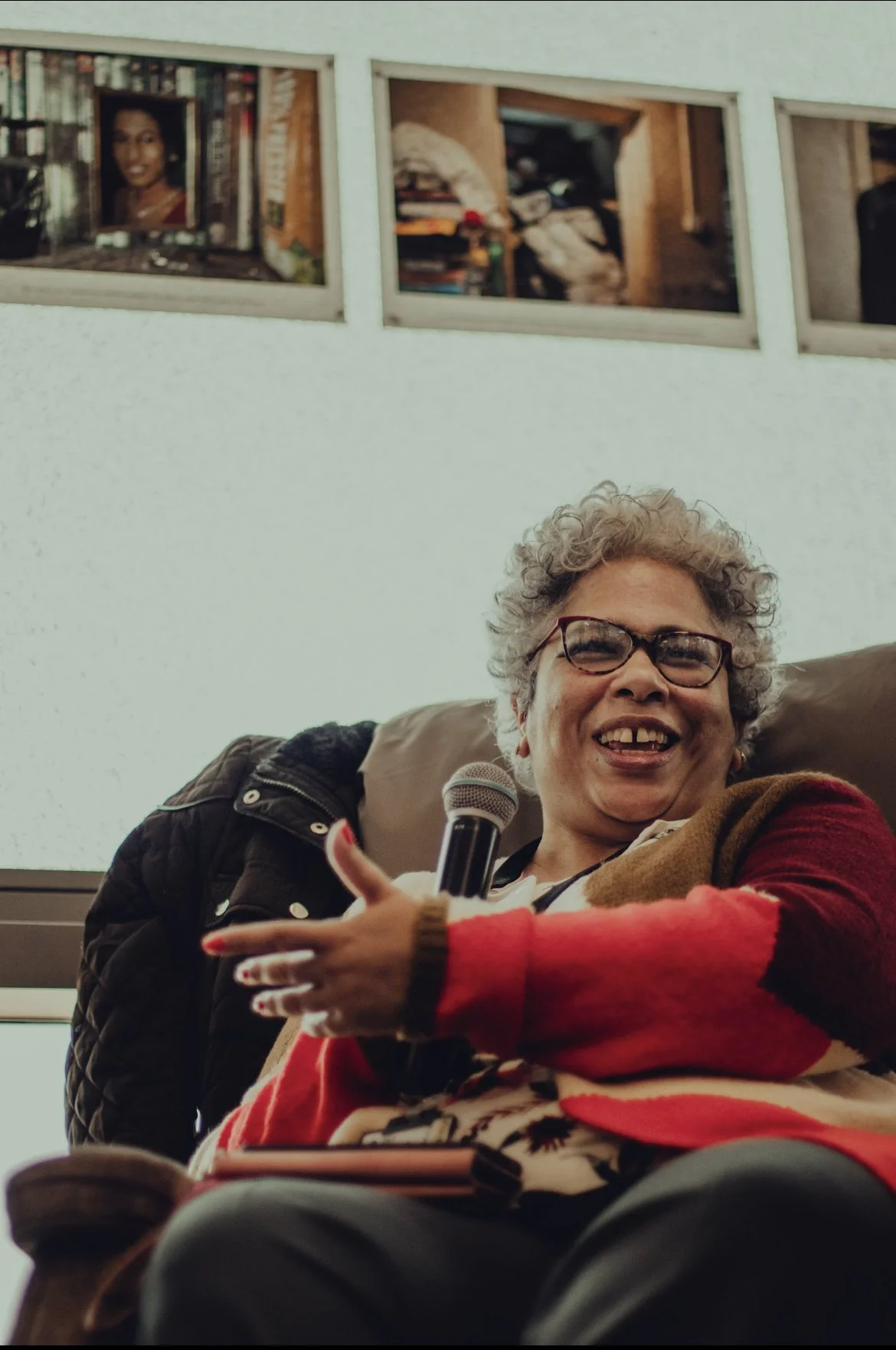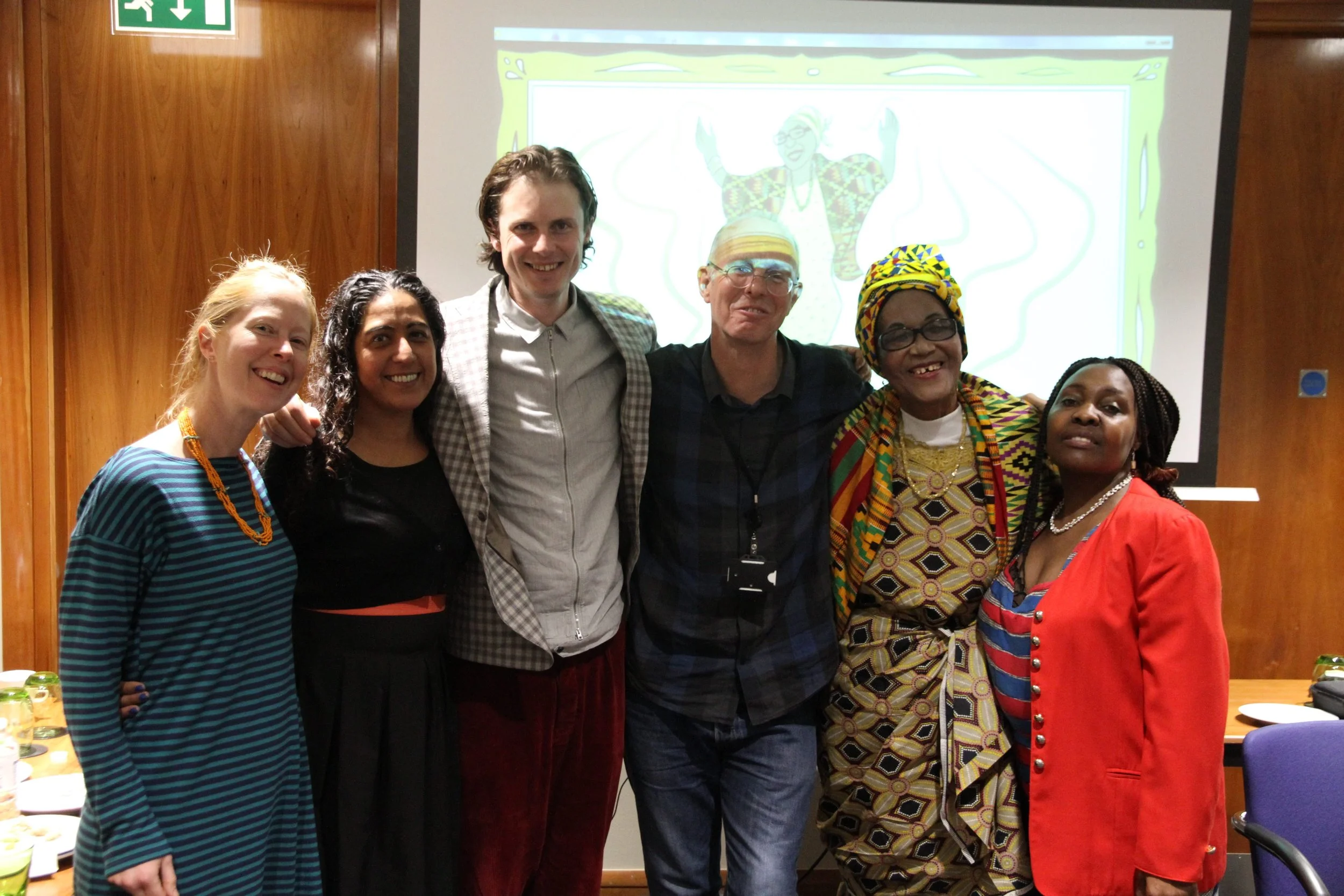family group conferencing in adult social care and mental health
who was involved?
Considerable efforts have been made in practice and research to realise the potential of Family Group Conferencing (FGC) for adults. Relational activists Tim Fisher and Jamie Spencer, along with colleagues in the London Borough of Camden such as senior managers and FGC coordinators like Azara Issifu, contributed to this work. Academics, including Professor Peter Marsh, collaborated with Camden on this project. The results can be seen in this report:
https://drive.google.com/file/d/1ILJvWrR8PAUcvE6169zvNQnpKV69IQ2P/view?usp=sharing
what did we do?
Family Group Conferencing is an approach to care services that engages the family, friends, and neighbours of a person with care needs in planning and decision-making. The FGC process includes a conference coordinated by an independent person, involving professionals in the individual's care, and providing private time for family members to discuss their ideas and proposals. This model, originally developed within the Maori community in New Zealand, has been widely used in New Zealand and internationally as a participatory model, primarily in statutory child protection.
We eagerly adopted the empowering practice of family group conferencing for adults in Camden.
In this inspiring short film, "Adult Family Group Conferences: Strength to Strength," we delve into the power of circles and their ability to transform lives through inclusive and collaborative decision-making in the realm of Adult Social Care. This innovative approach is showcased through the story of Michaela, who has personally benefited from a Family Group Conference (FGC). By engaging everyone involved and truly listening to their needs, this new method is revolutionising the way support is provided to individuals in need. Michaela eloquently explains the essence of an FGC, stating that it is about "you as a person, your family, friends, and people around you." The film not only highlights the life-changing effects of these conferences but also emphasises the importance of returning decision-making power to the individuals and communities being served.
Camden Council and Research in Practice collaborated on a concise guide to introduce Family Group Conferences (FGCs) for adults. This accessible resource outlines the key aspects of FGCs and their benefits, helping professionals and communities support individuals in need more effectively.
what happened?
Seven years later, Camden has a dedicated team manager and ten community organisers facilitating these community meetings, which significantly supported isolated individuals during lockdown. We have published book chapters, blogs, and initiated a national practice community. A memorable moment occurred when Bloomsbury resident Alice joined in and taught us to dance! We published a heart-warming little film with Alice, which highlights the power of strengths-based social work & relational practice, painting a vivid portrait of Alice and a supportive neighbourhood that values her strengths and comes together to assist her during challenging times. The film serves as a testament to the incredible potential of community-based support and the importance of recognising each person's unique strengths and contributions.
Relational activists are co-investigators in a large NIHR-funded project led by Birmingham University to expand the practice of Family Group Conferencing. They work alongside researchers with lived experience to broaden the circle of FGC.
For more on this story, and our training resources on Family Group Conferencing in Adult Social Care and Mental Health:
Contact Tim Fisher




